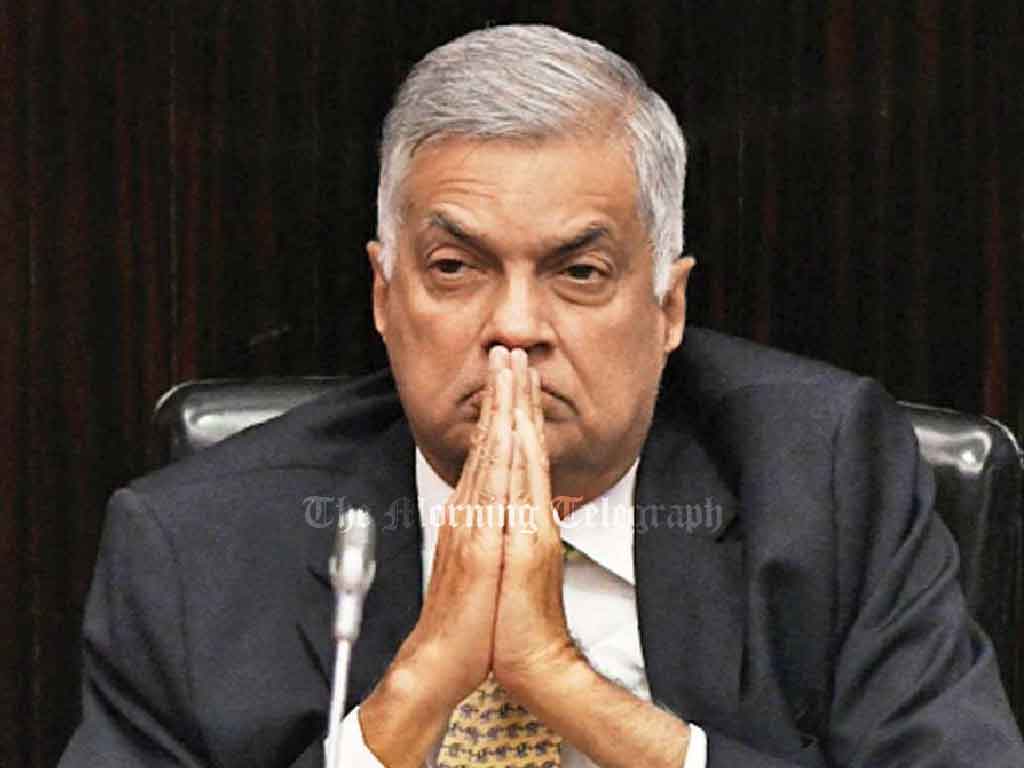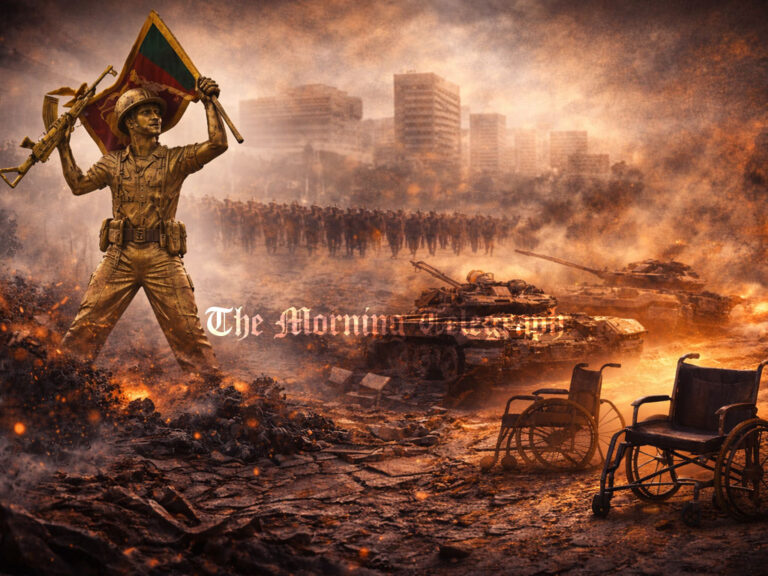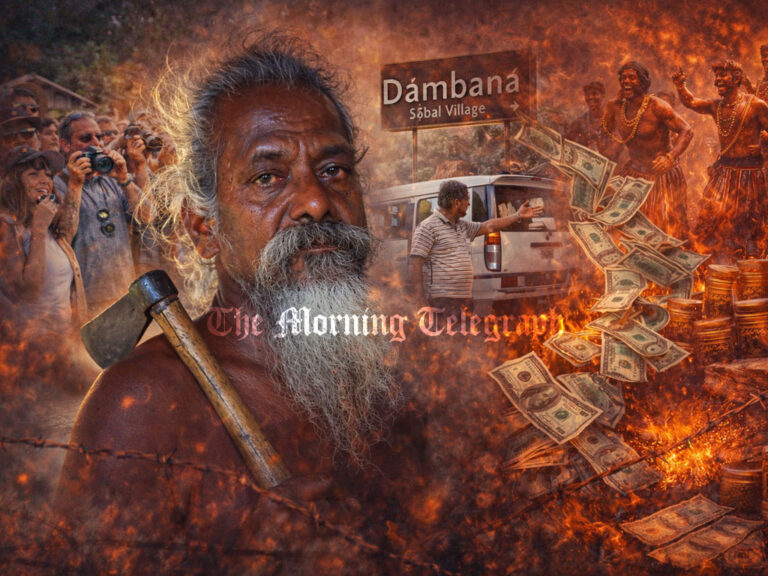
By Marlon Dale Ferreira
In a bold challenge to Sri Lanka’s legal system, the Frontline Socialist Party has demanded to know why former President Ranil Wickremesinghe has not been arrested under the Prevention of Terrorism Act (PTA), despite a formal complaint alleging his involvement in torture at the infamous Batalanda torture chamber.
Speaking at a press briefing, the party’s propaganda secretary, Duminda Nagamuwa, pointed out a glaring contradiction: if a youth can be jailed under the PTA for simply pasting a sticker, what protects a former head of state from similar scrutiny when accused of far more serious crimes?
The complaint, filed by FSP Central Committee member Indrananda de Silva, claims he witnessed Wickremesinghe’s direct involvement in torture activities during the 1980s and 1990s. Though long denied by the former president, the shadow of Batalanda has loomed over his political legacy for decades.
For critics of the PTA, this moment exemplifies its double-edged nature—often deployed swiftly against protestors and students, but conspicuously absent when it comes to political elites. The FSP argues that this inconsistency reveals a system rigged to protect power, not uphold justice.
Nagamuwas’s remarks weren’t just rhetorical—they were a call for true legal accountability. If the PTA is to exist at all, he contended, then it must be applied without fear or favor.
With public memory still haunted by the atrocities allegedly committed at Batalanda, and renewed attention now turning to the state’s use of the PTA, the question is no longer just legal—it’s moral. Will Ranil Wickremesinghe ever face investigation? Or will political immunity continue to shield those once at the helm of power?
As the FSP intensifies its demand for action, the silence surrounding the complaint grows more deafening by the day.




